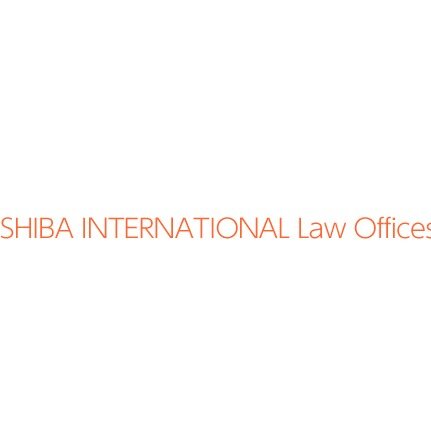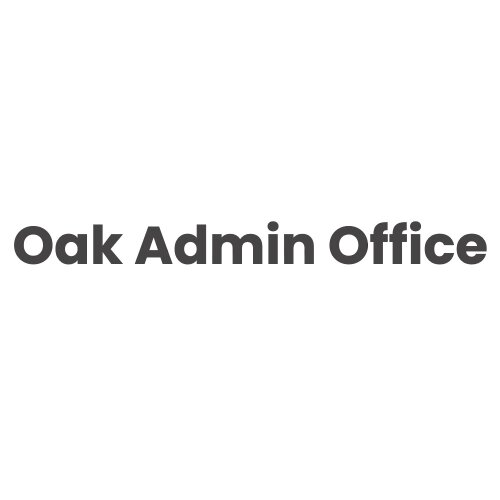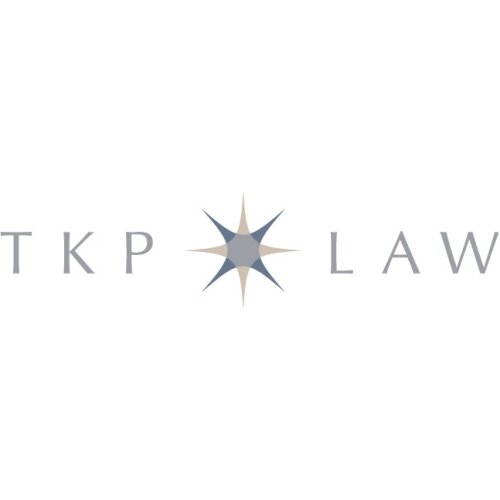Best Legal Document Lawyers in Tokyo
Share your needs with us, get contacted by law firms.
Free. Takes 2 min.
List of the best lawyers in Tokyo, Japan
About Legal Document Law in Tokyo, Japan
In Tokyo, as in the rest of Japan, legal documents are essential for a wide array of transactions and agreements, ranging from business contracts to personal matters such as wills and estate planning. Japanese legal documents may require specific formalities such as seals (hanko), personal registration certificates (juminhyo), and special formats or wording. In some cases, documents might need to be notarized or registered with local government offices to be considered legally binding. Understanding these requirements is crucial to ensure that the legal documents are valid and enforceable.
Why You May Need a Lawyer
There are several situations where enlisting the help of a lawyer is advisable if not necessary when dealing with legal documents in Tokyo. If you are engaging in complex transactions like buying real estate, setting up a business, entering into a lease agreement, getting a divorce, or drafting a will, a lawyer can ensure that all documentation complies with Japanese law. Lawyers can also help in reviewing contracts, navigating the nuances of intellectual property agreements, or when requiring representation in legal disputes arising from document misunderstandings or breaches.
Local Laws Overview
The key aspects of local laws that govern legal documents in Tokyo often intersect with national Japanese law. It is mandatory for certain documents to be stamped with a hanko for individuals or a corporate seal for companies. Moreover, Japan has a Legal Affairs Bureau, which handles registrations for real estate, corporations, and rights including liens and mortgages. For foreign residents or entities, additional steps may be required such as translations and apostille certification for international documents. Privacy laws, such as the Act on the Protection of Personal Information (APPI), also apply to personal information contained within legal documents.
Frequently Asked Questions
Do I need a hanko for all legal documents in Tokyo?
Not all documents require a hanko, but it is a common practice for many formal transactions. It's best to consult with a lawyer to understand the requirements for your specific documents.
Are English-language contracts enforceable in Tokyo?
While English-language contracts may be enforceable, having a Japanese version is generally recommended to avoid interpretation issues, and in some cases, may be required by law.
How do I register a legal document in Tokyo?
Registration requirements vary based on the type of document. The Legal Affairs Bureau is typically involved in the registration of major documents like deeds or company incorporation paperwork.
What is the role of notaries in Japan?
Notaries in Japan authenticate the identity of signatories and the content of documents, which is required for certain legal documents such as deeds of establishment for companies, mortgages, and wills.
Can a foreign lawyer help with legal documents in Tokyo?
Foreign lawyers, known as Gaikokuho-Jimu-Bengoshi, can provide advice on foreign laws but are limited in practicing Japanese law unless they have the proper accreditation.
Are digital signatures accepted on legal documents in Tokyo?
Japan recognizes digital signatures, but acceptance can vary depending on the type of document and the organization with which you're dealing.
What is the importance of personal registration certificates (juminhyo)?
Personal registration certificates are often required to prove residence status and other personal information necessary for certain legal documents in Japan.
What should I consider when drafting a will in Tokyo?
You should consider how Japanese inheritance laws may affect your estate, possible tax implications, and the need for it to be witnessed or notarized.
Can I write contracts in a foreign language or does it have to be in Japanese?
You may write contracts in a foreign language, but for legal efficacy and enforceability within Japan, a Japanese translation is often required.
How can I authenticate a foreign document for use in Tokyo?
Foreign documents generally require an apostille or consular legalization to authenticate them for use in Japan, depending on the country of origin.
Additional Resources
For those in need of legal advice on documents in Tokyo, the Tokyo Bar Association provides a list of local lawyers, and the Japan Legal Support Center (Houterasu) offers legal assistance. The Legal Affairs Bureau handles registration and notarization of documents. Finally, the Japan Federation of Bar Associations is a useful resource for understanding the legal system and finding further legal assistance.
Next Steps
If you require legal assistance with documents in Tokyo, the first step would be to contact a qualified lawyer who specializes in the type of legal document you are dealing with. If language is a barrier, look for law firms that offer services in multiple languages or that specifically cater to foreign residents and businesses. It's also advisable to gather all relevant information and any paperwork related to your matter before consulting with your lawyer to ensure that you receive the most comprehensive advice for your situation.
Lawzana helps you find the best lawyers and law firms in Tokyo through a curated and pre-screened list of qualified legal professionals. Our platform offers rankings and detailed profiles of attorneys and law firms, allowing you to compare based on practice areas, including Legal Document, experience, and client feedback.
Each profile includes a description of the firm's areas of practice, client reviews, team members and partners, year of establishment, spoken languages, office locations, contact information, social media presence, and any published articles or resources. Most firms on our platform speak English and are experienced in both local and international legal matters.
Get a quote from top-rated law firms in Tokyo, Japan — quickly, securely, and without unnecessary hassle.
Disclaimer:
The information provided on this page is for general informational purposes only and does not constitute legal advice. While we strive to ensure the accuracy and relevance of the content, legal information may change over time, and interpretations of the law can vary. You should always consult with a qualified legal professional for advice specific to your situation.
We disclaim all liability for actions taken or not taken based on the content of this page. If you believe any information is incorrect or outdated, please contact us, and we will review and update it where appropriate.
















